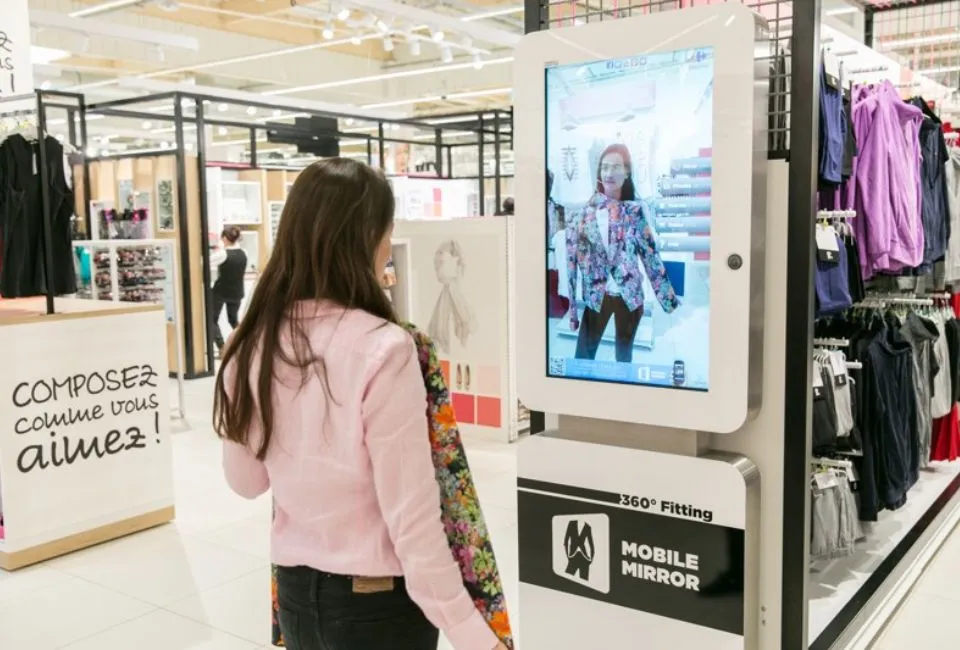7 magnificient uses of RFID
With the possible applications for RFID seemingly never-ending it's a question that’s becoming harder and harder to say "no" to.
It could be said that RFID tags are the selotape of the digital age, with their usage becoming almost ubiquitous. The tags are popping up everywhere these days and as is the case with the versatile adhesive, clever problem-solvers are using RFID in ways its original innovators couldn't have possibly foreseen.
Simple, scalable, and inexpensive, RFID is an ideal building block technology and adopters are leveraging the technology to make use of it in surprising ways: but with unsurprising levels of success as you will see…
1. Car rental: No-waiting vehicle returns
Avis Rent a Car put RFID in place to recognize vehicle returns, and went on to score a major customer service win, by allowing customers to park in any open spot and go. While the technologies sometimes compete, RFID complements GPS well in many fleet management applications. Inexpensive, passively powered RFID tags work nicely for localized, on-the-lot tracking, while more expensive, actively powered GPS systems provide a long distance vehicle monitoring solution.
2. Amusement parks: No-swipe ticket passes

Disney recently integrated RFID technology into their tickets, in a bid to improve their customer’s theme-park experience, by eliminating the need for scanning and swiping in ride lines, which in turn reduced wait times and lowered staffing costs. The RFID-enabled tickets also provided the park operators with a rich source of information, by tracking the movements of thrill-seekers throughout the grounds.
3. Casinos: Robbery-proof chips
One of the most common uses for RFID technology is loss prevention – and this was illustrated recently when a $1.5M robbery was foiled by RFID embedded poker chips. Loss prevention is not the only way that casinos can make use of RFID tags though. The casinos can use the tags to log how much you spend, where you spend it, and then use that information to keep you in ‘the game’ longer; ensuring that drinks and services are timed and catered to your activity.
4. Golf balls

We’ve all lost golf balls over the years Sports: Loss-resistant – to ponds, lakes, bushes and even to other golfer’s pockets! It may sound like a minor gripe but golf is not a cheap hobby – and so if paying out for extra balls can be avoided it should be! These kinds of losses could soon be buried in the bunker though, as efficiently locating items is one of the core benefits offered by RFID.
5. Guns: Safety products
Manufacturers like Armatix have already begun producing RFID-enabled gun safety products. This could be seen as an attempt to resolve – or at least aid -the gun control debate, which often seems deadlocked between the imperatives of protecting freedom while preserving security. The idea of RFID tags in weapons and ammunition has been cited as a potential compromise to this.
6. Smart fitting rooms

A simple, yet simply ingenious use of this technology where, by scanning dressing room items in RFID powered kiosks, shoppers can access product data, find similar alternatives, and provide feedback. This increases the chances of retailer’s customers finding what they are looking for and collecting product insights from them – all while accessing a reliable anti-theft technology in the process.
7. Health care: A hygiene solution
There are numerous RFID opportunities in the health care sector: medication management, optimizing traffic flow in hospitals, and monitoring sophisticated equipment, to name just a few. A start-up called IntelligentM hopes to tackle the simple, but serious problem of getting health care workers to wash their hands. The technology is simple: Workers wear a wristband and RFID readers are positioned by the faucets: so now everyone will know who has – and hasn’t – washed their hands after visiting the toilet. So if your co-workers don’t want your doughnuts on Fridays any more, well maybe they know more about your bathroom-habits than you think!

